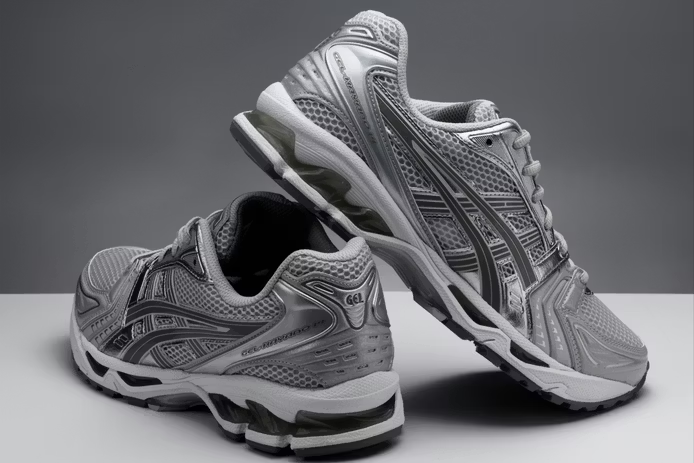
Stressed out? How can one deal with stress without getting stressed!?
What is stress and what’s the best way to deal with it? Stress comes from multiple sources-work, family, expectations, health, finances, but the most important source of stress is YOU.
Stress has been studied a lot in the medical literature. How do medical researchers measure stress? How do they quantify it? Do they run a battery of test? No, they just ask. Patients are asked how much stress they are under. No blood pressure or heart rate measurements. No galvanic skin response measurements. No EEG brain recordings or MRI scans. Just a simple question.
The fact is, everyone is under stress. The most common conditions leading to stress in a large survey done by the Robert Wood Johnson Foundation were poor health, disability, chronic illness, low income, experiencing dangerous situations at home or at work, single parenting, or being the parent of a teen. Many of us can relate to at least one, or more, of these factors.
This leads us to the first and most important finding in the stress research literature:
Perception is everything.
In an interesting study, patients were placed into groups that had ‘almost no stress’, ‘mild stress’, ‘moderate stress’, and ‘a lot of stress’. They also asked them if they felt that their stress impacted their health. Out of all 8 groups the only group that had more clinical events was the group that had a lot of stress AND felt that it was impacting their health. If you had a lot of stress, but felt it was not effecting your health, it didn’t!
In another study researchers simply asked patients AFTER a heart attack if they had low stress, moderate, or high stress. The group that said they had low stress had less clinical events after their heart attack compared to the group that had moderate to high stress after their heart attack!
Stress is real, but the more important aspect of stress is how we choose to respond to it. Attitude itself is highly associated with death rate. In a large review article multiple studies were listed that showed between a 10% to a high of 73% reduction in cardiovascular complications with an optimistic outlook. Conversely, pessimism was associated with a 32-42% increase in events.
Two large philosophical groups also espouse this view. One is the Stoics and the other are the Christians.
Seneca, one of the most famous Stoics said, “He who suffers before it is necessary suffers MORE than is necessary.” The idea is that worry about a future problem only increases stress.
The most famous Christian verse in this regard is Matthew 6:25-27, 34 which states that worry and being stressed are a waste of time.
“Therefore I tell you, do not be anxious about your life, what you will eat or what you will drink, nor about your body, what you will put on. Is not life more than food, and the body more than clothing? Look at the birds of the air: they neither sow nor reap nor gather into barns, and yet your heavenly Father feeds them. Are you not of more value than they? And which of you by being anxious can add a single hour to his span of life? Therefore do not worry about tomorrow, for tomorrow will worry about itself. Each day has enough trouble of its own.
Mark Twain has an excellent quote that puts this all into perspective. He said, “I am an old man and I have known a great many troubles, but most of them never happened.”
Perspective is also incredibly important to how your form your outlook which leads to your attitude. Here are some examples.


